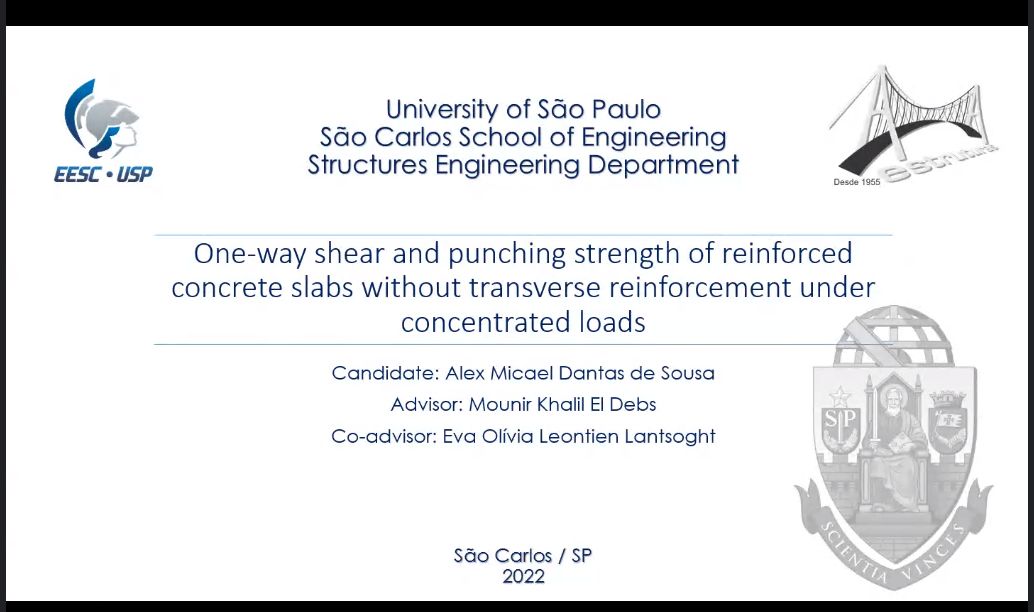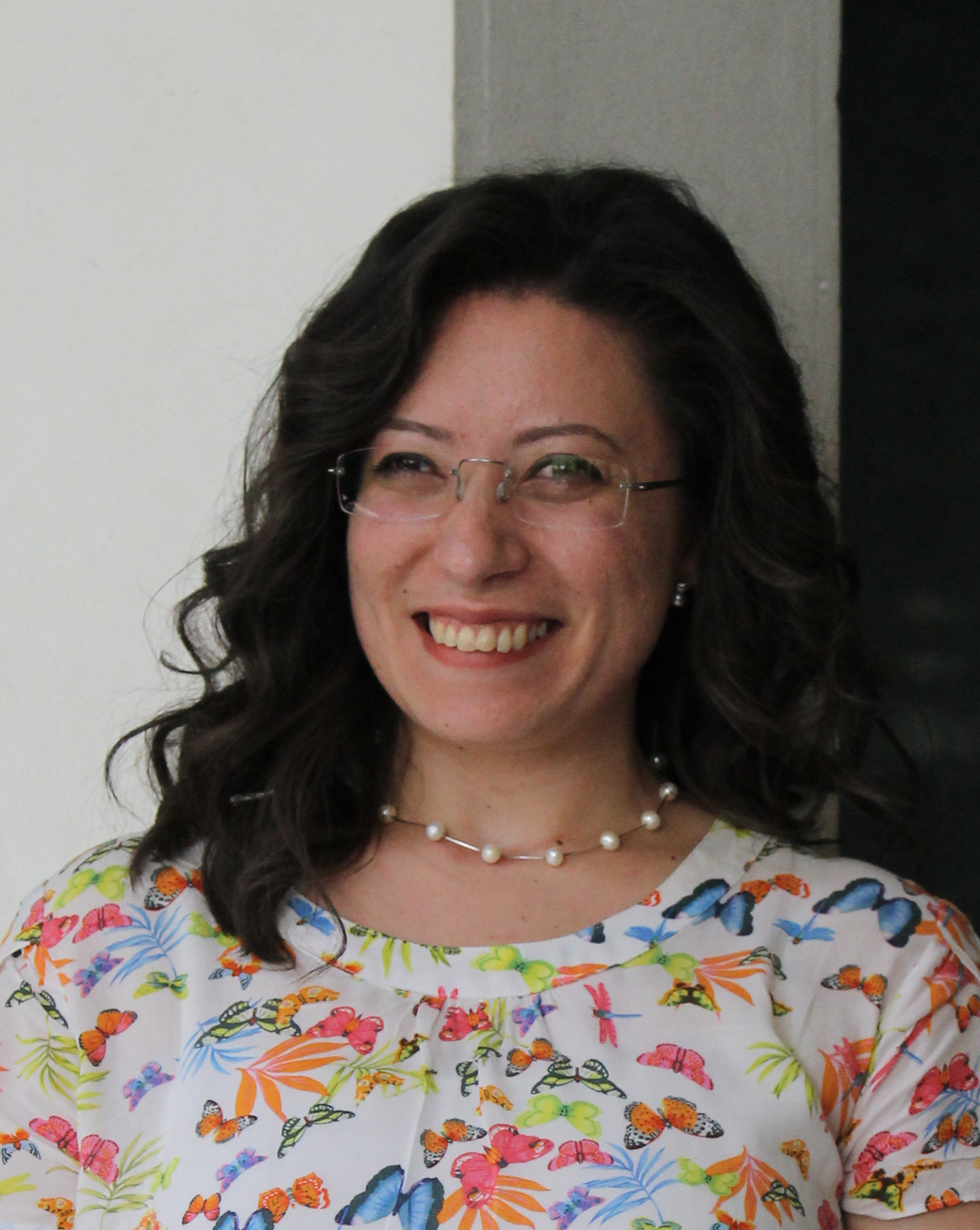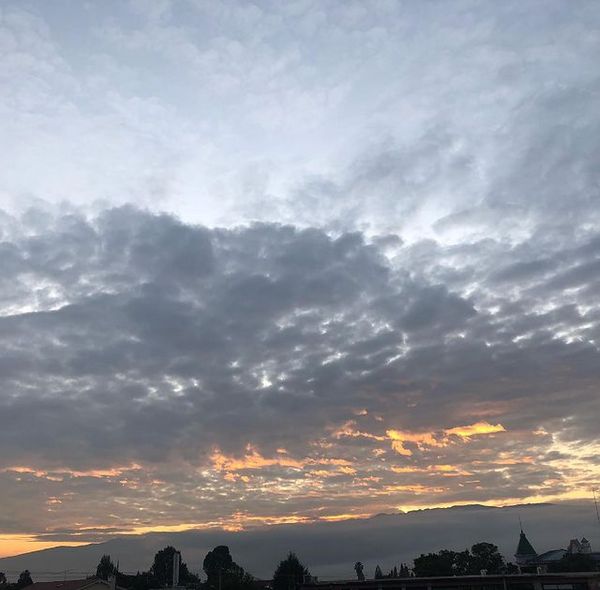
PhD Defenses around the world: a defense in Brazil
My first PhD candidate graduated! Besides the major milestones that this event marks in my life and academic career, it was also the first time that I attended a defense in Brazil. So, as the defense-nerd that I am, I took some notes about the format to write about here on my blog.
The defense took place in a hybrid format. The candidate and the main supervisor were physically present in Sao Carlos, and the coadvisor (me) and four examiners joined the defense online through Google Meet.
Overall, the defense lasted for about 5,5 hours. The format contained the following steps:
- Brief welcome and explanations of procedures by advisor.
- 45 minute presentation by the candidate.
- Q&A part with the examiners. Each examiner had 1 hour the time. The focus was mostly on giving comments on the thesis, giving suggestions for improving the work, and clarifying some aspects. I observed more formative assessment and feedback, rather than grilling of the candidate. There was a 10 min coffee break between examiners 2 and 3.
- Some comments from the supervisor, candidate, co-advisor.
- Deliberation of the examiners.
- Decision of the examiners, congratulations, and thanks
I observed that the defense was relatively informal in terms of protocol and dress-code. Committee members wore shirts. No caps and gowns were used.
For the Q&A part, I understood that the maximum time per examiner was 1 hour, and I noticed that most committee members used their full hour or even went a bit over time. All examiners started with a relatively long monologue about the thesis, what called their attention, praise for the research of the candidate, thanks to the supervisors, and overall impression of the work. Then, they went to the questions (or better: discussions of the work). Some started with general observations to the candidate, and then more detailed observations. Most examiners went chapter by chapter. The examiners gave a lot of suggestions on how to improve the thesis. Overall, the examiners did most of the talking, and the interventions of the candidate were shorter.
During the Q&A part, the candidate was sitting at the first bench in the classroom with a printed copy of the thesis, and moved to the lectern when he needed to project a certain figure or table from the manuscript.
In terms of language, the presentation was in English and the discussions of the committee members were in Portuguese. I used the closed captions of Google Meet and Google Translate to follow the discussions and got a crash course in scientific Portuguese.
I’m not sure what the general publication requirements for theses in Brazil are. I understood from the discussions that a long-book style thesis is more common. In this case, the thesis was a compilation of research articles (the candidate published 4 journal papers and several conference papers during his PhD, and has 2 draft papers) with an introduction and conclusions.
It was quite interesting to see a defense in Brazil – hopefully, one day, I can attend a defense there in person.



